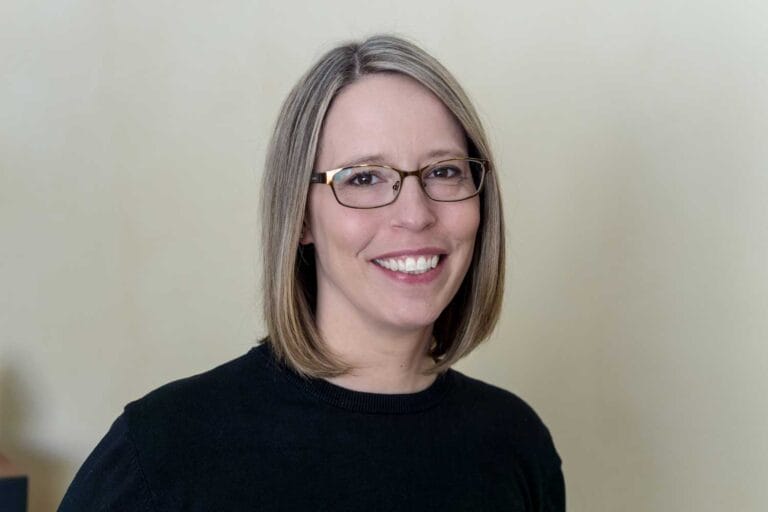
3 tips for securing scholarships as a returning adult student
It might surprise some to learn that scholarships aren’t just for recent high school graduates. In fact, state and local institutions are increasingly investing in educational opportunities for “nontraditional” adult students.
For example, UW–Madison recently awarded 58 scholarships for returning adult students, ranging from $1,000 to $5,000 each.
If you want to secure a scholarship as an adult student, here is my advice:
Plan ahead
Start searching for scholarships a year before you plan to enroll. The more lead time you can give yourself to secure funding, the better. You’ll also need time to track down transcripts, complete your FAFSA, confirm your references and update your resume.
It’s also good to review your finances before applying. Some applications will require financial information like your adjusted gross income (AGI) or monthly household expenses. Talk to your intended school’s financial aid office or scholarship coordinator if you have questions.
Apply everywhere
Apply for every opportunity where you’re eligible, even if you’re concerned about meeting a certain financial threshold.
Check out the scholarship page of the institution you are attending or interested in applying to. If you’re considering UW–Madison, you can search the Wisconsin Scholarships Hub (WiSH) for funding opportunities specific to adult learners. For working parents, there’s also the Childcare Tuition Assistance Program (CCTAP), which helps parents with childcare costs while they’re studying at UW–Madison.
There are also opportunities at the state and local level, which you can find on the Wisconsin Higher Educational Aids Board. Look into local organizations that offer scholarships, like the UW Credit Union Community Values Scholarship, which supports new or returning students who demonstrate commitment to their community.
You can also find scholarships specific to your area of interest, like nursing school scholarships through the Wisconsin Nurse Educator Program. Some programs have a scholarship coordinator who can help you find scholarships, so reach out to the school or college for more information.
Focus on details
When you apply, make sure you read the requirements carefully — and don’t wait until the night before it’s due. Give yourself enough time to adequately address the writing prompts.
Pay close attention to the instructions, and follow them to the letter. For example, if they ask you to write a five-paragraph essay, include five full paragraphs.
Take advantage of the written portion to open up and share your story. Talk about challenges and how you’ve overcome them. At the end of the day, the people reviewing your application are human beings, and a personal narrative will resonate with them more deeply.
Show them what you’ve learned from your personal and educational journey up to this point, and explain how you plan to make the most of their financial support.
To recap, don’t take yourself out of the running before you even apply. Just by applying and following the instructions, you’re already ahead of the pack. And if your story resonates, you just might find the support you need to take your next step.
The Lifelong Learner is a monthly feature written by UW–Madison’s Continuing Studies staff. Anne Niendorf, a student services coordinator, can be reached at [email protected].
Published on May 14 2025
Last Updated on May 30 2025
Categories: Adult Career and Special Student Services, News



